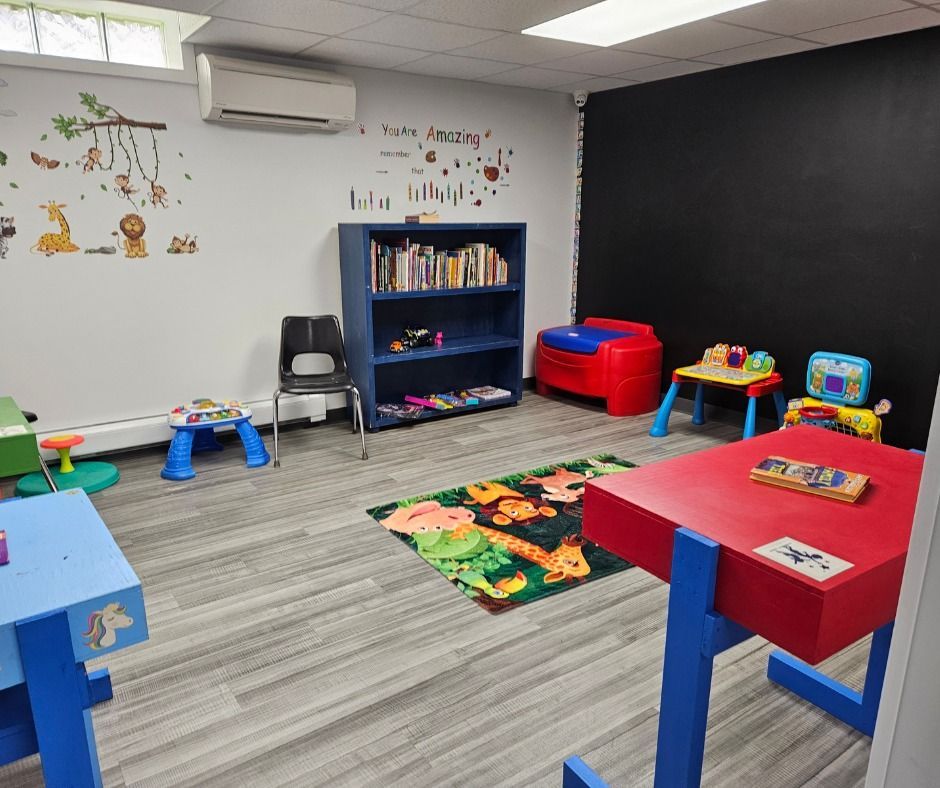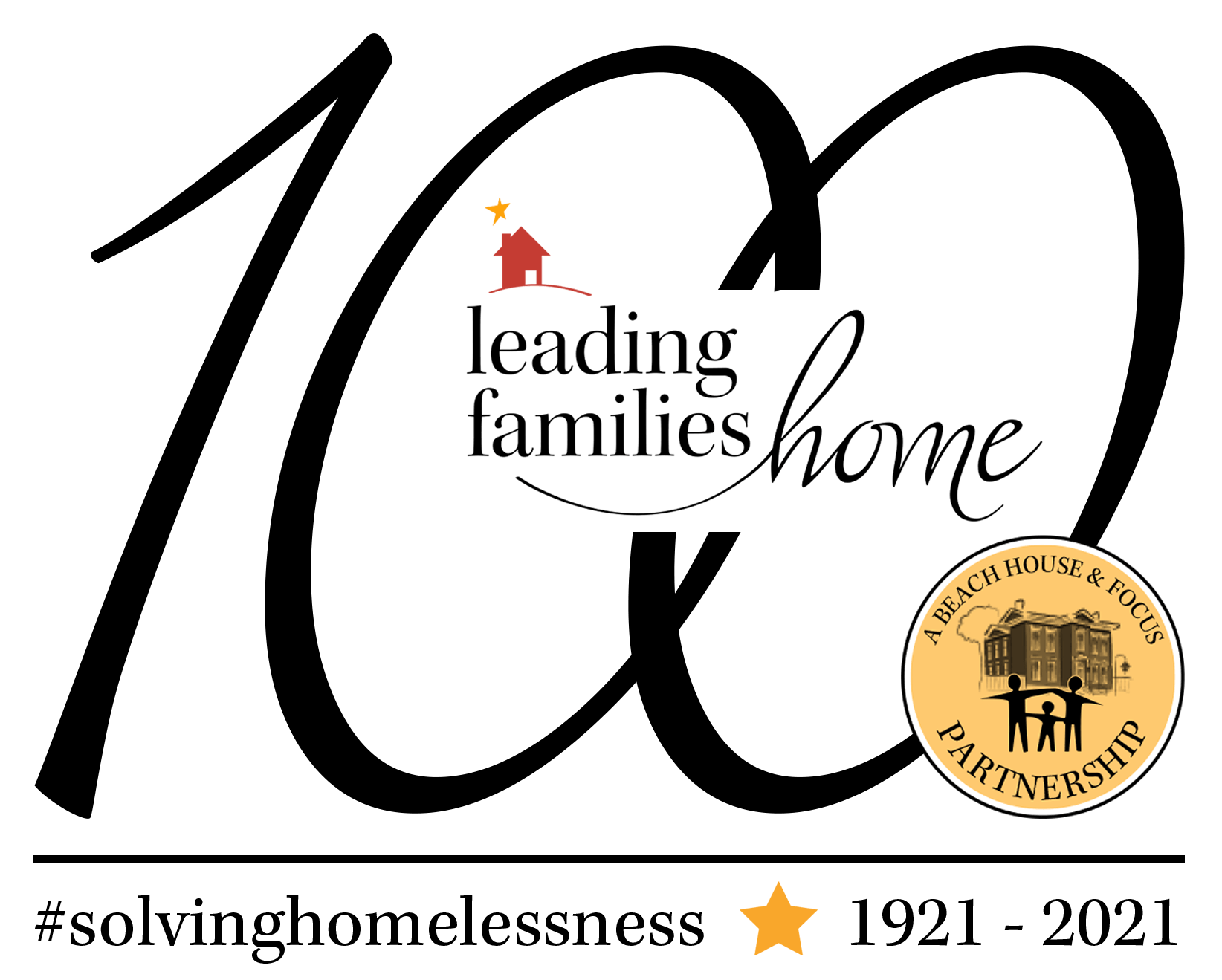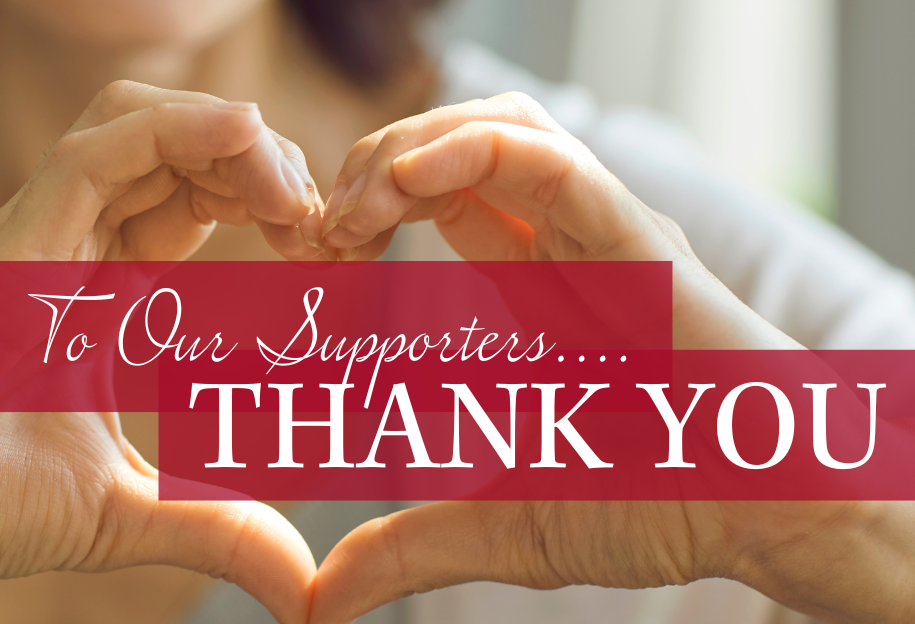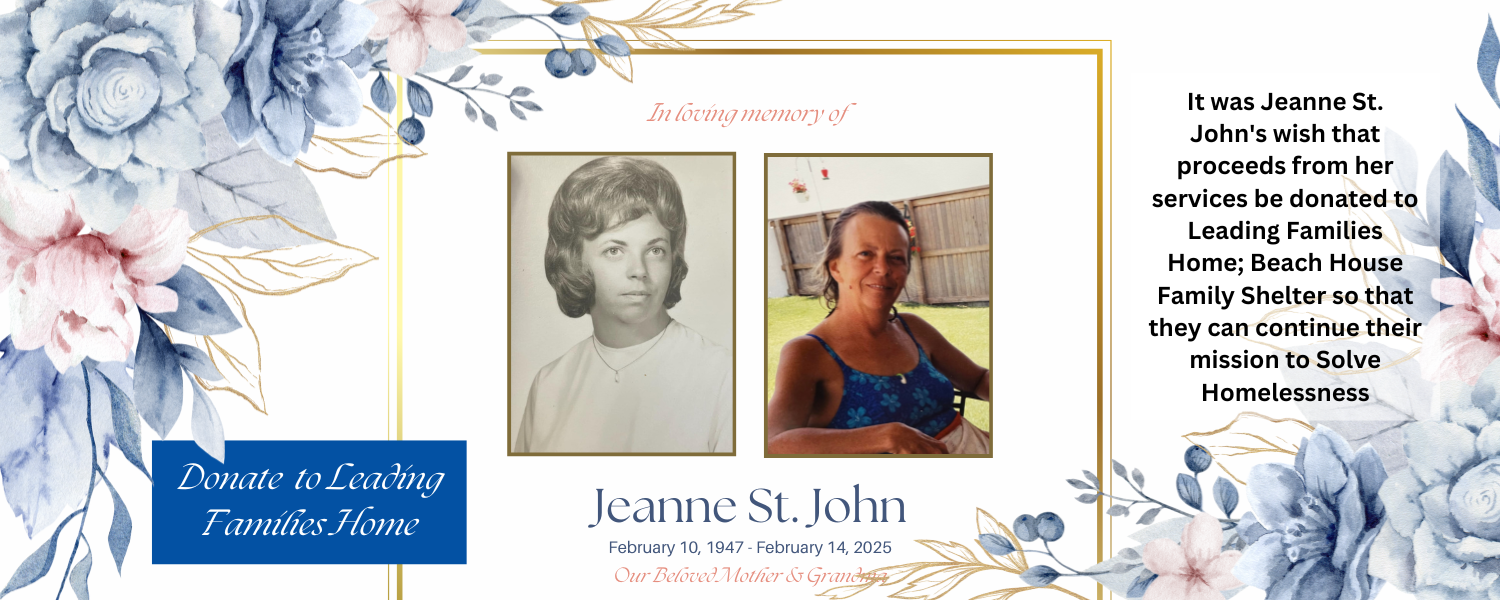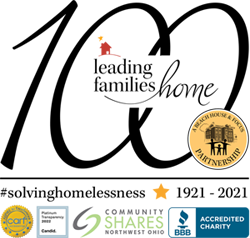Project Roomkey: California’s Hope at Isolating Homeless During COVID
As the COVID pandemic continues, the question must be asked: What about the homeless? The homeless population is highly vulnerable. Many are unsheltered, giving them nowhere to isolate. In addition, a high percentage of homeless individuals have underlying medical issues, making them more susceptible to COVID. The homeless have limited access to bathrooms to wash their hands, and many live on the street, in subways, under bridges, and other unsanitary environments. ( Coalition for the Homeless ; CDC )
What Is Project Roomkey?
Enter Project Roomkey, an effort which works to obtain motel and hotel rooms for the most vulnerable of those experiencing homelessness. Project Roomkey, a collaboration by the State, County, and Los Angeles Homeless Services Authority (LAHSA), helps prevent the spread of COVID-19 by supplying people with a place to stay. ( Project Roomkey , County of LA)
How Does It Work?
The goal of Project Roomkey is to provide lodging to the most vulnerable of people experiencing homelessness. These individuals are not COVID-19 positive or symptomatic, instead, they are more susceptible to complications of the disease if they were to become infected. Individuals who qualify for Project Roomkey must be 65 years of age or older, be medically compromised, or have underlying medical conditions.
To qualify for the program, a person must be referred by a homeless service provider, health care provider, or law enforcement. People cannot walk to a site and request a room, as Project Roomkey sites are confidential.
Project Roomkey is a temporary program wherein the County of LA enters into an agreement with a motel or hotel for a duration of three months.
Three meals a day are offered to participants of the program along with monitoring for COVID-19. Security guards are onsite 24/7. All individuals are expected to adhere to a code of conduct while participating in the program. Social distancing guidelines must be followed; people are not allowed to leave their rooms except for essential services and no guests are allowed.
Community Response
Despite the optimistic onset, not all communities in California have responded positively. Not everyone wants to house next to them those experiencing homelessness. In Kern county, Project Roomkey was postponed “following negative feedback from the community” ( Bakersfield.com ).
In El Dorado County, the program was dubbed “a success” by Tahoe Daily Tribune . Dr. Martin Entwhistle, one of the county’s COVID-19 homeless community response team, commented that the program could potentially be the foundation for other homeless programs. “We’re gaining a lot of experience about this process that I think will be useful for a larger, future strategy around managing the homeless,” he said. “… I think this could be the basis of a program that could be migrated, even at a small scale.” ( Project Roomkey a success in El Dorado County )
Where Is Project Roomkey Today?
Project Roomkey is set to run through the end of July and may be extended into August, leaving many to wonder what will happen to those in the program once it ends.
Governor Newsome has a plan.
According to Gov. Gavin Newsom, about 14,200 people experiencing homelessness have been moved into hotels and motels. It’s his hope that, through the program, the state will be able to purchase some hotels and motels that can then be converted into permanent housing. The Governor now refers to the program as “Project Homekey.” ( San Jose Spotlight )
LA County launched its own Project Roomkey, stating the plan to house 15,000 homeless in addition to the state’s goal of housing 15,000. LA County has, so far, housed only about 3,700. However, the County is not deterred.
According to LA-ist :
The government hopes to lease thousands of apartments and then subsidize rent for the occupants. In many cases, they will be leased off the regular rental market, such as studios and 1-bedroom units. But the plan also calls for the use of “shared-housing,” which is basically a fancy term for a larger home with several roommates.
All of these homes will come with a case manager who will work with the client to secure ongoing income, and craft a plan for securing permanent housing.
Rapid Re-Housing
The “new plan” is actually quite similar to Rapid Re-Housing, a program used to help bridge the gap between homelessness and permanent housing.
Rapid Re-Housing works by providing those experiencing homelessness with vouchers that cover rent costs for a temporary period of time. The program works with the family or individual through services (like economic classes) to help them eventually be able to afford rent on their own.
According to the United States Interagency Council on Homelessness , Rapid Re-Housing is a program created to help individuals and families transition from homelessness to permanent housing. The program is for those who “don’t need intensive and ongoing supports” and is temporary.
There are three main components to Rapid Re-Housing: Housing Identification, Rent and Move-In Assistance, and Case Management and Services.
Housing opportunities are identified and secured, move-in costs are covered for about six months or less, and individuals or families are provided with services to help them transition to permanent housing.
Let’s Connect
Connect with Leading Families Home on social media to see the latest stories from our Participants, Board Members, Staff, and Volunteers!
You can support Leading Families Home by liking or following our accounts, liking and SHARING them on your social media accounts. Invite your contacts to like or follow us, too! Let’s spread the word, and end homelessness in Toledo!
Help Us Out
Leading Families Home is based in Toledo, Ohio. We are dedicated to fighting homelessness in our community – and we’d love your help! Please consider supporting our organization in one of the following ways:
Donate Online
Leading Families Home partners with PayPal for secure online payments. Click Donate Now to be taken to the secure donation page.
Mail a Check
To donate by check, please make the check out to Leading Families Home.
Mail your check to the following address:
Leading Families Home
2283 Ashland Ave.
Toledo, OH 43604
Other Ways to Donate
Shop with AmazonSmile
When you shop on AmazonSmile (smile.amazon.com) the AmazonSmile Foundation will donate 0.5% of the price of eligible purchases to the charitable organization of your choice. Learn more about AmazonSmile .
Use Kroger Community Rewards
It’s easy to donate with Kroger Community Rewards – just shop at Kroger, and swipe your Plus Card! Join Kroger Community Rewards .
Matching Gifts: Double Your Donation
Every year we have a Match Campaign – an exciting way for you to double your impact. During this campaign, our match partners will match your monetary donation to Leading Families Home.
Match partners also include corporate sponsors who match their employees’ donations. If you’d like to participate, find out if your employer matches employee donations to 501(c)(3) organizations and contact us .
Host a 3rd Party Fundraiser
Do you love to plan events? You can raise donations for LFH by hosting your own event! Have fun and make an impact on our community. Ask for donations instead of birthday gifts or baby shower presents.
Remember Us in Your Will
A Planned Gift allows you to donate in a very meaningful way. Contact your financial advisor or estate planner to learn more.
